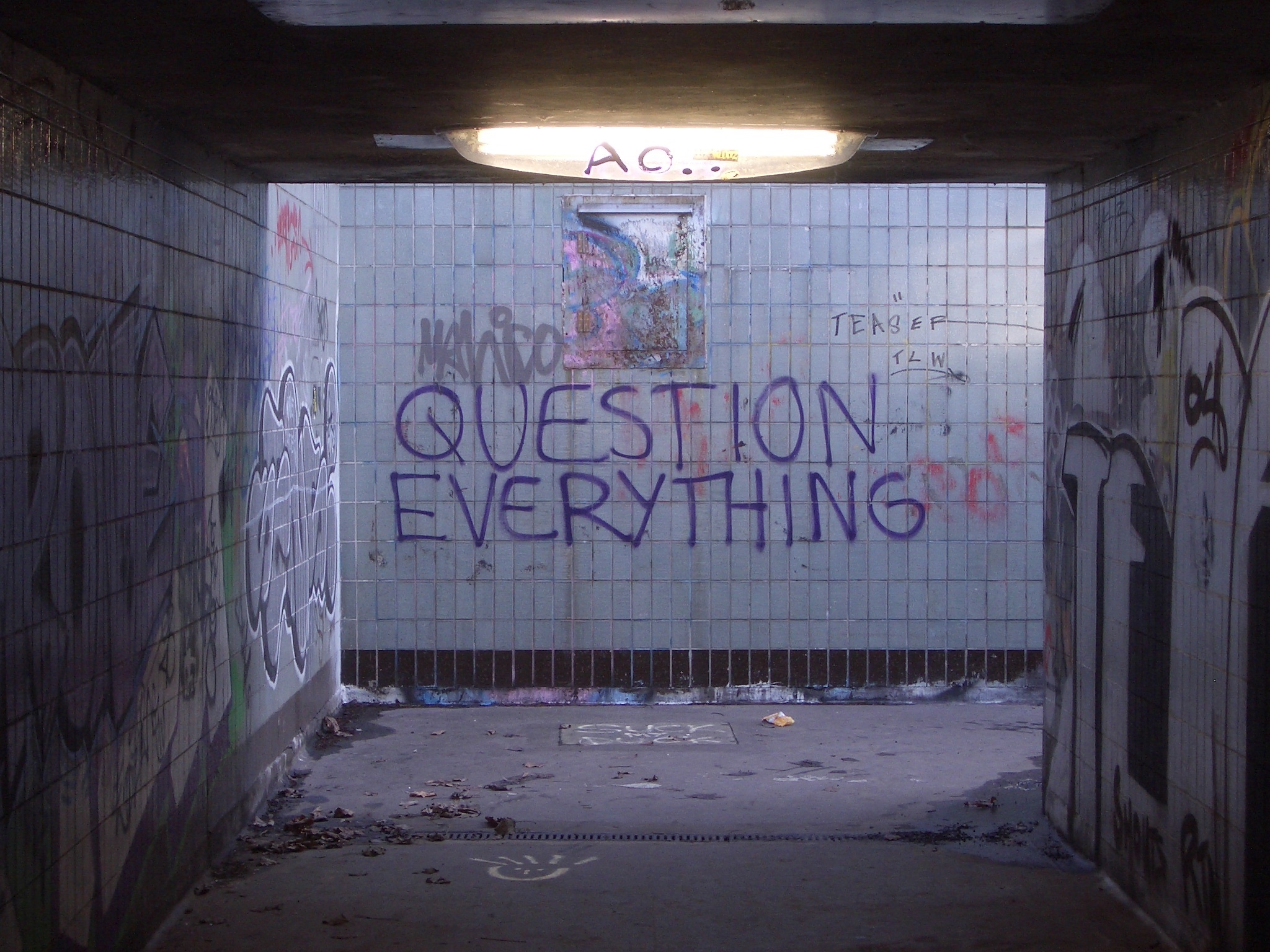
If you are here
It is because you care. Because you want to know, understand and transform educational practice and research, in relation to the emerging phenomenon of datafication.
The problem
Datafication in Higher Education
The digitalization of processes and services has been considered a form of innovation. This digital activity laid the foundations for the later phenomenon of datafication, namely, the intensive collection, extraction and the algorithmic manipulation of digital data to produce several types of activities and artifacts.
The two main missions in Higher Education, teaching and research, went through several processes of digitalization that encompassed data-intensive practices.
Initially fervent discourses embraced data-driven practices as an opportunity to improve efficiency, objectivity, transparency and innovation.
While there is doubtless value in these developments, there are frequent assumptions on the power of algorithms to predict, support or address educational and social processes that could prevent agentic and transformational practices if unsupervised.
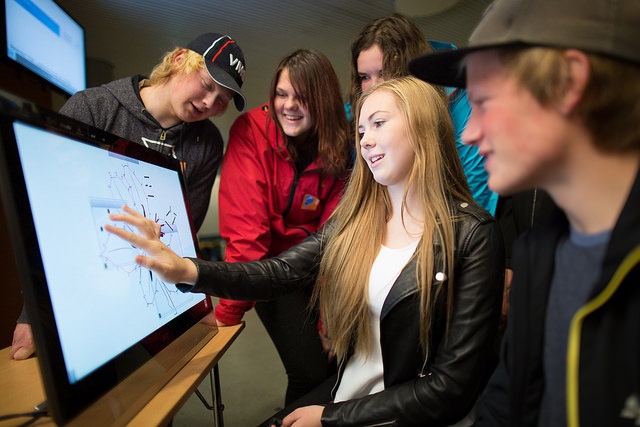
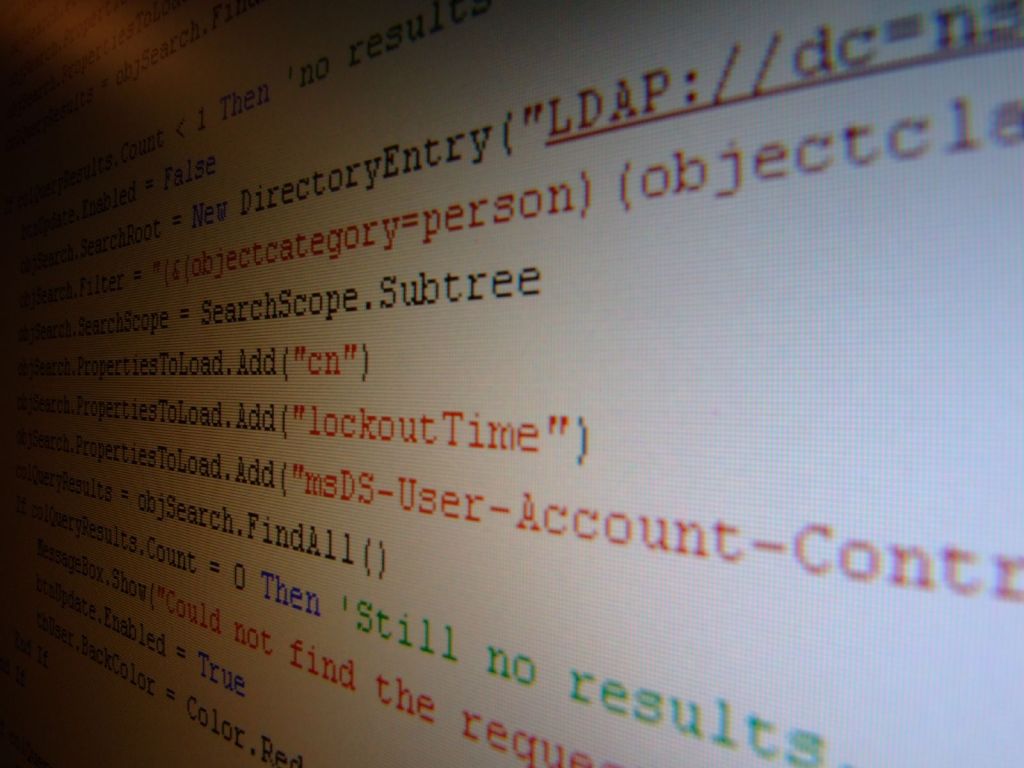
Beyond a dystopian vision, data cultures in Higher Education should be discussed, revisiting the new contingencies datafication imposes in the relationship between teachers and students and towards society.
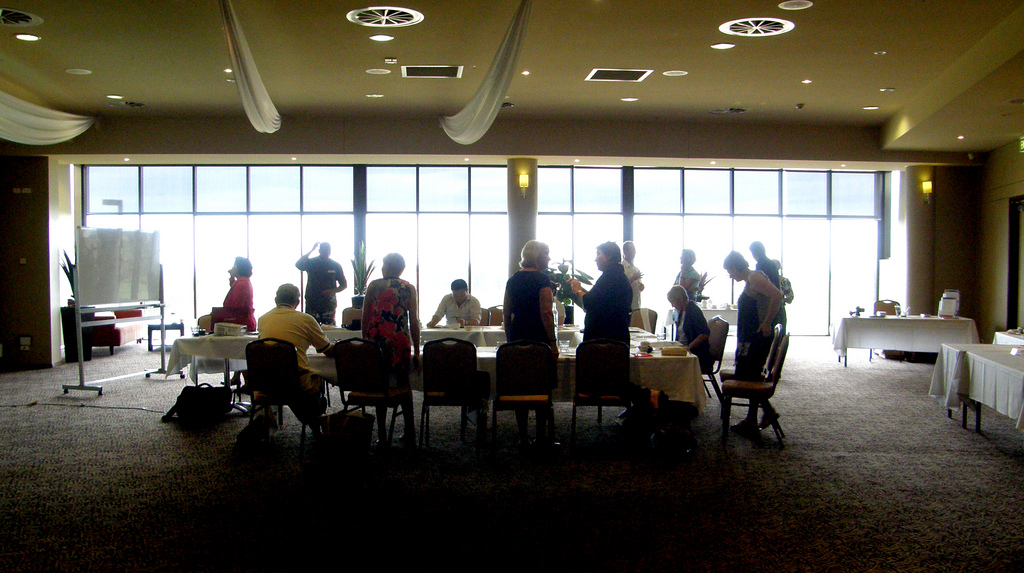
News
Stay informed about the activities carried out by our and other networks engaged in this topic
Professional Development
Know
Perspectives
The voice of invited experts via Webinars, about their own approaches to building participatory, fair, balanced data cultures .
Contribute
Mapping Pedagogical Practices
To learn about datafication and promote agency.
Interact
Resources, Activities, Networks
A space for learning that support you to build your own perspective and transformative experimentation.
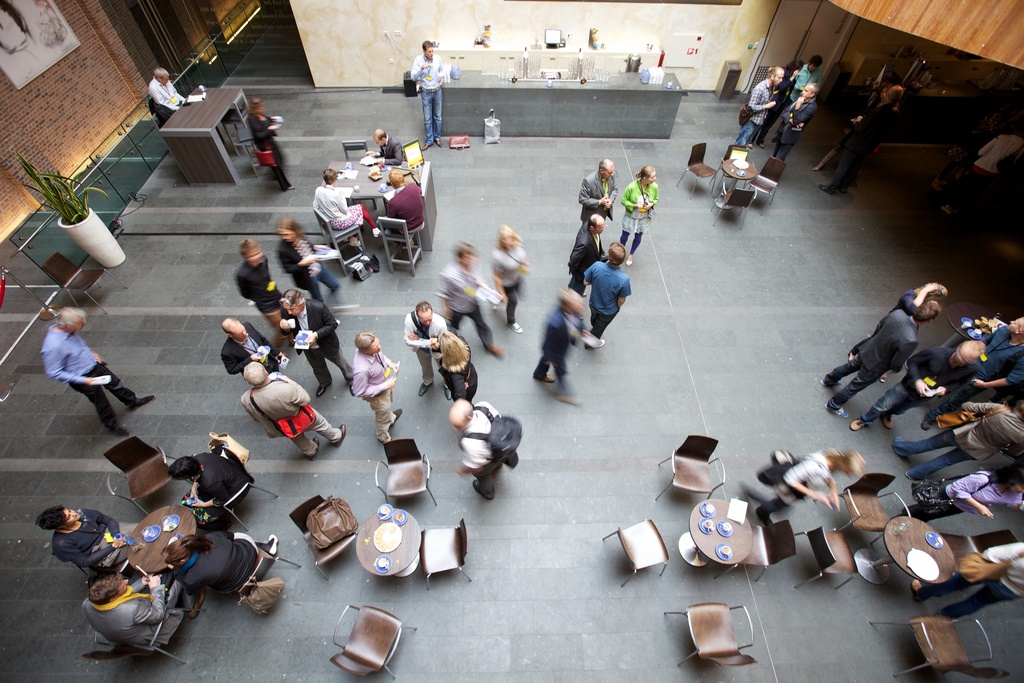
CONTACT
This site was created in the context of the project “Professional Learning Ecologies for Digital Scholarship: Modernizing Higher Education by Supporting Professionalism” (Ministry of Science, Innovation, Technology and University of Spain), RYC-2016-19589
Led by the Research Group Edul@b, at the Universitat Oberta de Catalunya
The Project/ Edul@b / Principal Investigator’s Blog
Communication & Language Support: Sofia Morandini

Under Creative Commons Attribution 4.0 International license. Icons by The Noun Project.